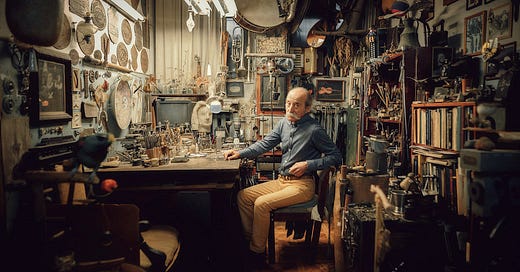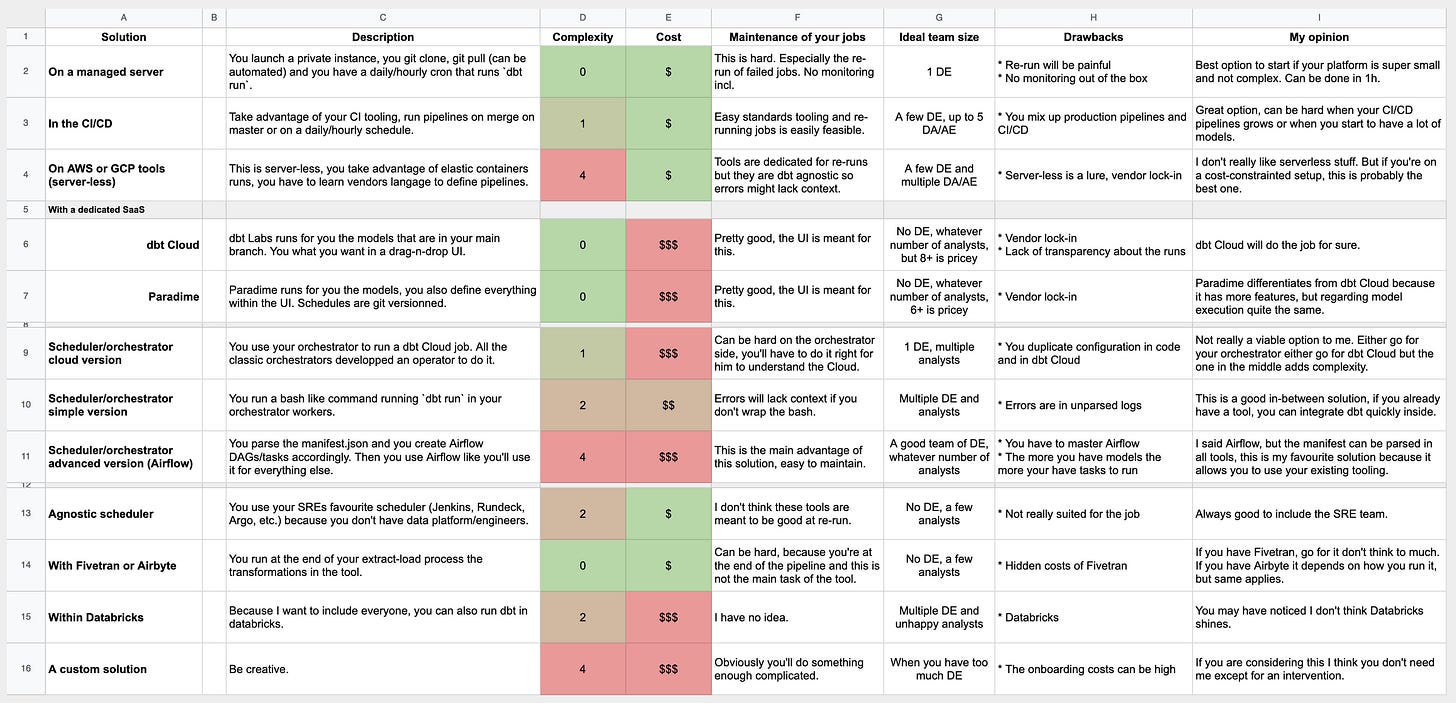Just recently, I had my new apartment renovated by hiring professional help. I am happy to report that the renovation was completed successfully and on time for the start of the new year. However, there are still some finishing touches to be done, such as installing lights, curtains and so on.
I do not have any experience in this type of craftsmanship. While I know how to use basic tools like a hammer and a screwdriver, I always seem to encounter problems when attempting DIY projects, even after following countless videos and step-by-step instructions...
Like an electrician, I am familiar with the tools and technology used in the field, but I lack the necessary craftsmanship and design skills to tackle complex projects or little adjustments. That's why I chose to hire an electrician in the first place for the bigger tasks isn't ?
Software is becoming increasingly accessible with the advent of AI, no-code, and low-code paradigms. All is done to ease the craft of digital workers.
But in the end, there will always be a need for skilled professionals who can adapt to different situations, design reliable systems, and show intention in their craft.
It's not just about knowing how to use technology, but also having the knowledge and experience to apply it effectively.
Code is not the solution, it’s the implementation of a solution - David Williams
📡 Expected Contents
AI is cognitive automation, not cognitive autonomy
What a great post from François Chollet 🤯. Something our families, friends and anyone nearby must read.
It's perfectly deep dive the current "AI won't replace you; but humans which use AI will do."
Go read and share that one please 🙏.
“If the cartoon is drawn with sufficient realism and covers sufficiently many scenes, what’s the difference?”, you may ask. If a large language model can output a sufficiently human-sounding answer when asked a question, does it matter it is possesses cognitive autonomy?
The difference is adaptability to the unknown. A lifeform will autonomously adapt to a changing future. A cognitive cartoon will perform the scenes you planned for.
A visual history of artificial neural networks from 1943 to 2020
A nice collection of various neural network designs, showcasing the progression of complexity in them. The essay coming with it "Introduction to Blueprints for Intelligence" by Philipp Schmitt is an interesting read too.
Not a big link. But definitely a good image resource for slide deck.
How to manage and schedule dbt
Christophe comes with what's probably the most complete guide about dbt. What's dbt ? How to manage a dbt project ? How to schedule dbt ?
All those question we ask ourselves when doing analytics-engineering tasks are answered and detailed.
Definitely a nice link to save 📌
Code. Simply. Clearly. Calmly.
Recently found this great website, gathering short video tutorials about code and open-source tools.
A lot of thing to learn. Easy to follow.
📰 The Blog Post
In January, I had the chance to speak at an Airflow Meetup event in Paris, with the great Blef (him again) as host.
The subject "What is Airflow position in the unbundled stack" is definitely one that I could talk about for days 😅.
Here are some links I prepared before the round table, if you want to be up to date on that unbundling/bundling debate :
🖇️ Isn't the main selling point of airflow the bundling in the first place? Why would you want many different specialized tools to manage scheduled tasks?
🖇️ Rebundling the Data Platform & 🖇️ Rethinking Orchestration as Reconciliation: Software Defined Assets in Dagster
🖇️ Airflow was not good enough ?
🖇️ Why is everyone trying to kill Airflow?
🖇️ The Great Data Debate: Unbundling or Bundling?
🖇️ How to Succeed in Business by Bundling – and Unbundling
Here is the recording ⏺️ (sorry, only french 🇫🇷).
🎨 Beyond The Bracket
The Pudding publication recently released what's probably my favorite scrollytelling piece, on one of my favorite subject (economy and wealth distribution).
The story begins like this :
Why do super rich people exist in a society?
Many of us assume it's because some people make better financial decisions. But what if this isn't true? What if the economy – our economy – is designed to create a few super rich people?
That's what mathematicians argue in something called the Yard-sale model, [...]
I urge you to continue to scroll the piece and play with the little thinking example.
There are a lot of nuance to add to the Yard model, as it's only a statistical model aiming to model economy and wealth distribution at global level. Still that shocking affirmation is a good TL;DR of what's happening in our free market based economy :"In a free market, one person ends up with all of the wealth – completely by chance."
As always, The Pudding crafted a wonderful piece, making us think about how "wealth trickles downward" is not an axiom, why wealth redistribution is important and maybe finally understanding that rich people are not rich only by their ability or legacy but also thanks to luck1...
January was long and cold here ❄️.
Thankfully, I'm writing this newsletter in my new flat with a lot of brand new furnitures and decorations :)
Some news coming in the few months 👀
Be safe and stay tuned !
And maybe some people are just playing the game more often, so they increase their probability to win. As always "luck is what happens when preparation meets opportunity".










